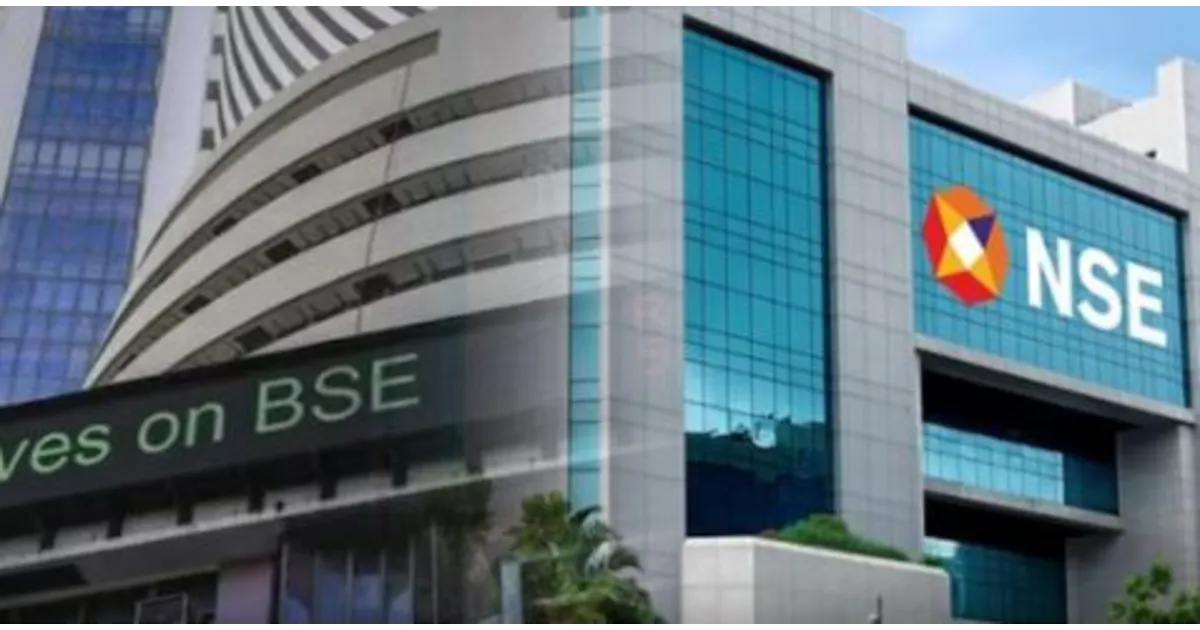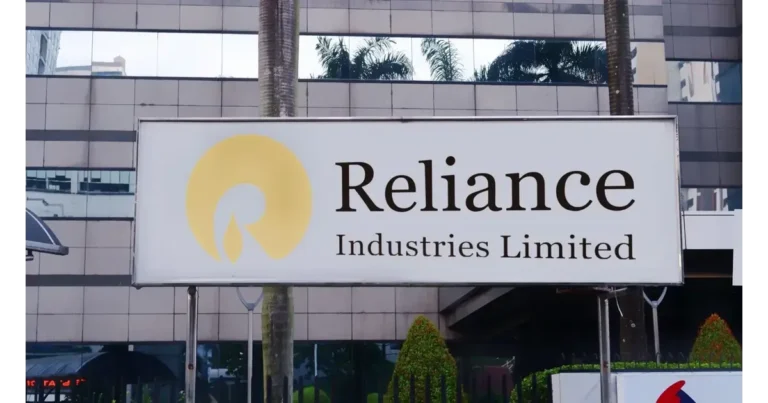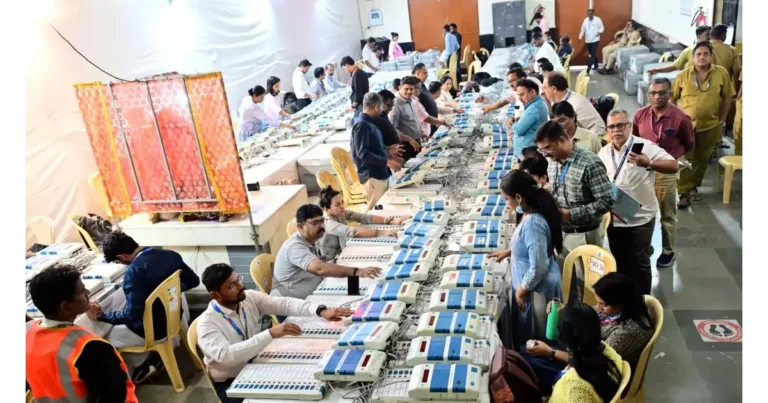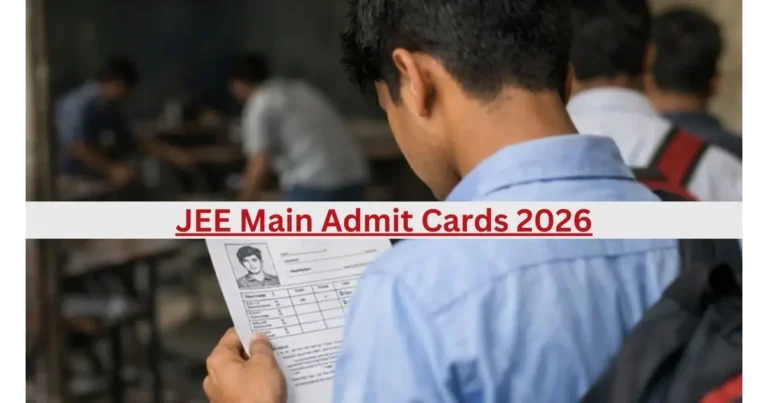
BSE and NSE Remain Closed for Diwali Balipratipada
NSE Holiday: Following the vibrant Diwali Muhurat trading session, the Indian stock markets are on an extended holiday. Both the Bombay Stock Exchange (BSE) and the National Stock Exchange (NSE) are closed on Wednesday, October 22, in observance of Diwali Balipratipada. Normal trading operations will resume on Thursday, October 23.
This festive closure comes on the heels of Tuesday’s Muhurat session, marking the start of Samvat 2082, and is part of the limited remaining holidays for the year — with Guru Nanak Jayanti on November 5 and Christmas on December 25 rounding off the 2025 holiday calendar.
Muhurat Trading: A Symbolic Start to Samvat 2082
The special one-hour Muhurat trading session, held on Tuesday, offered a spirited start to the new financial year. Traditionally considered an auspicious time for fresh investments, the market opened on a high note, buoyed by strong buying in heavyweight stocks.
- Sensex surged over 270 points at the open
- Nifty briefly crossed the 25,900 mark
The rally was driven by key large-cap players like Infosys, HDFC Bank, and Mahindra & Mahindra. However, profit-booking in the final minutes trimmed gains, leading to a mixed close. Despite that, investor mood remained upbeat, driven by optimism and symbolic trades that usher in a prosperous new year.
Trading volumes remained modest, yet participation spanned across financial, auto, and energy sectors, highlighting sectoral resilience and investor confidence.
The Significance of Diwali Balipratipada
Also known as Govardhan Puja or Padwa, Diwali Balipratipada is celebrated a day after Diwali and is steeped in spiritual meaning. The day honors King Bali, a legendary ruler known for his wisdom and generosity.
According to mythology, Lord Vishnu in his Vamana avatar granted King Bali permission to visit his people once a year. This return is celebrated as a symbol of renewal, prosperity, and the triumph of humility and virtue over pride and greed.
For investors and traders, the festival not only holds spiritual significance but also marks a fresh financial beginning, often prompting new investments and portfolio rebalancing.
Market Sentiment: Optimism for Samvat 2082
Experts See Bright Prospects Despite Past Year’s Lull
Market analysts view the beginning of Samvat 2082 as a fresh chapter filled with promise. According to VK Vijayakumar, Chief Investment Strategist at Geojit Financial Services, the previous Samvat year was characterized by consolidation due to tepid 5% earnings growth, despite a robust pre-Diwali rally.
However, this year is shaping up differently.
Policy Tailwinds and Economic Reforms Offer Boost
Leading brokerage Motilal Oswal Financial Services Ltd highlighted that Samvat 2082 starts on strong ground, supported by:
- RBI’s policy easing: 100 bps repo rate cut and 150 bps CRR reduction
- Liquidity boost and fiscal stimulus, including ₹1 lakh crore in income tax relief
- Controlled inflation and simplified GST 2.0 structure
These measures are seen as catalysts for reviving demand and driving corporate earnings growth.
Growth Outlook: A Shift from Consolidation to Expansion
Motilal Oswal forecasts a transition toward sustainable growth, with Nifty earnings projected to rise:
- 1% in FY25
- 8% in FY26
- 16% in FY27
Valuations remain within historical norms at 20x FY26 earnings, although mid and small-cap segments are trading at slight premiums. Hence, experts advise a selective investment approach.
Sectoral Picks and Investment Themes for the New Year
Motilal Oswal remains bullish on domestic cyclical and structural growth themes, expecting consumption-led demand and private capital expenditure to drive the next phase of growth.
Top sectors expected to perform in Samvat 2082 include:
- Banking and Financial Services (BFSI)
- Capital Markets
- Consumer Goods
- Manufacturing (including Defence, Electronics, and Industrials)
- Digital and Technology-led Businesses
With macroeconomic conditions improving and sentiment turning positive, Samvat 2082 is shaping up as a promising year for Indian equities.






